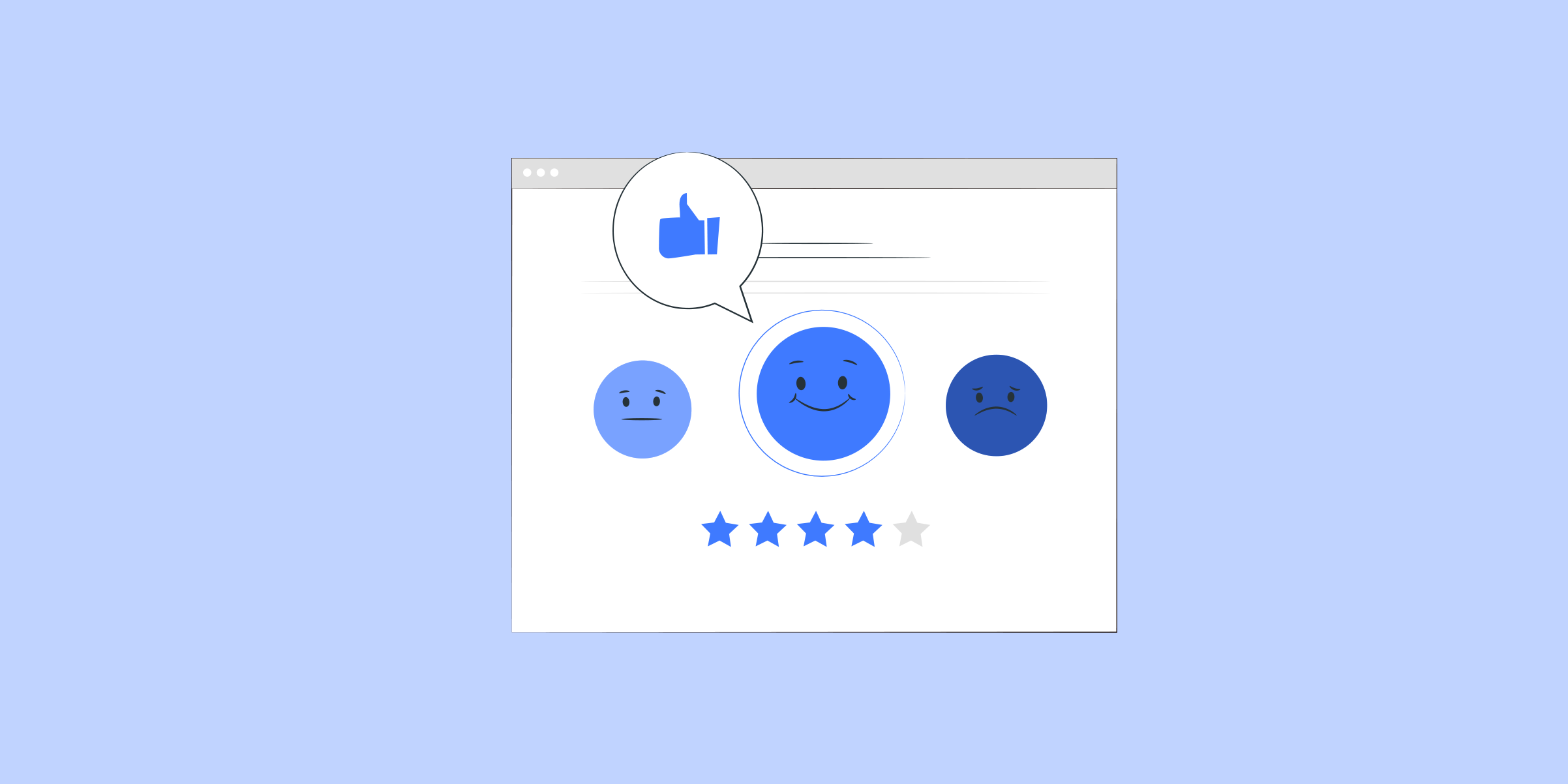Residential Proxies
Allowlisted 200M+ IPs from real ISP. Managed/obtained proxies via dashboard.

Proxies Services
Residential Proxies
Allowlisted 200M+ IPs from real ISP. Managed/obtained proxies via dashboard.
Residential (Socks5) Proxies
Over 200 million real IPs in 190+ locations,
Unlimited Residential Proxies
Unlimited use of IP and Traffic, AI Intelligent Rotating Residential Proxies
Static Residential proxies
Long-lasting dedicated proxy, non-rotating residential proxy
Dedicated Datacenter Proxies
Use stable, fast, and furious 700K+ datacenter IPs worldwide.
Mobile Proxies
Dive into a 10M+ ethically-sourced mobile lP pool with 160+ locations and 700+ ASNs.
Scrapers
Collection of public structured data from all websites
Proxies
Residential Proxies
Allowlisted 200M+ IPs from real ISP. Managed/obtained proxies via dashboard.
Starts from
$0.6/ GB
Residential (Socks5) Proxies
Over 200 million real IPs in 190+ locations,
Starts from
$0.03/ IP
Unlimited Residential Proxies
Unlimited use of IP and Traffic, AI Intelligent Rotating Residential Proxies
Starts from
$1816/ MONTH
Rotating ISP Proxies
ABCProxy's Rotating ISP Proxies guarantee long session time.
Starts from
$0.4/ GB
Static Residential proxies
Long-lasting dedicated proxy, non-rotating residential proxy
Starts from
$4.5/MONTH
Dedicated Datacenter Proxies
Use stable, fast, and furious 700K+ datacenter IPs worldwide.
Starts from
$4.5/MONTH
Mobile Proxies
Allowlisted 200M+ IPs from real ISP. Managed/obtained proxies via dashboard.
Starts from
$1.2/ GB
Scrapers
Web Unblocker
Simulate real user behavior to over-come anti-bot detection
Starts from
$1.2/GB
Serp API
Get real-time search engine data With SERP API
Starts from
$0.3/1K results
Scraping Browser
Scale scraping browsers with built-inunblocking and hosting
Starts from
$2.5/GB
Documentation
All features, parameters, and integration details, backed by code samples in every coding language.
TOOLS
Resources
Addons
ABCProxy Extension for Chrome
Free Chrome proxy manager extension that works with any proxy provider.
ABCProxy Extension for Firefox
Free Firefox proxy manager extension that works with any proxy provider.
Proxy Manager
Manage all proxies using APM interface
Proxy Checker
Free online proxy checker analyzing health, type, and country.
Proxies
AI Developmen
Acquire large-scale multimodal web data for machine learning
Sales & E-commerce
Collect pricing data on every product acrossthe web to get and maintain a competitive advantage
Threat Intelligence
Get real-time data and access multiple geo-locations around the world.
Copyright Infringement Monitoring
Find and gather all the evidence to stop copyright infringements.
Social Media for Marketing
Dominate your industry space on social media with smarter campaigns, anticipate the next big trends
Travel Fare Aggregation
Get real-time data and access multiple geo-locations around the world.
By Use Case
English
繁體中文
Русский
Indonesia
Português
Español
بالعربية

A proxy server acts as an intermediary between a user and the Internet. It can be used to mask your IP address, bypass geographical restrictions, increase security and privacy, and improve internet speed. With so many benefits, it's important to know what makes a good proxy. In this blog post, we will explore the key features of a good proxy and why it is important for SEO.
1. Reliability: A good proxy should be reliable and have high uptime. Downtime can be detrimental to SEO as it affects your ability to access websites, collect data and monitor keyword rankings. Look for proxies with a track record of consistent performance and low downtime.
2. Speed: Page loading speed is a critical factor for SEO. Slow loading pages not only result in a poor user experience, but also negatively impact search engine rankings. A good proxy should have fast connection speeds to ensure fast and smooth browsing. Look for proxies with dedicated bandwidth and low latency.
3. Security: Security is of paramount importance when choosing a proxy. A good proxy should offer robust security features such as encryption protocols, data encryption and authentication mechanisms. This will ensure that your data and online activities are protected from potential threats and vulnerabilities.
4. Anonymity: Anonymity is one of the main reasons people use proxies. A good proxy should provide a high level of anonymity by masking your real IP address and replacing it with the IP of the proxy server. This is crucial for SEO activities such as web scraping, competitive analysis and ad verification where maintaining anonymity is essential.
5. Geo-location flexibility: SEO often involves targeting specific locations and accessing localised content. A good proxy should offer a wide range of proxy server locations in different countries and regions. This allows you to access geo-restricted content, perform local SEO research and test website performance in specific locations.
6. Compatibility: A good proxy should be compatible with different devices, operating systems and browsers. This will ensure that you can easily integrate the proxy into your existing SEO tools and workflows without compatibility issues. Look for proxies that support HTTP, HTTPS, SOCKS and other popular protocols.
7. Scalability: As your SEO activities grow, you may need to scale your proxy usage. A good proxy should offer scalable solutions that allow you to increase the number of proxy connections or request limits as needed. This will ensure that your proxy infrastructure can handle the increasing demands of your SEO campaigns.
8. Customer Support: Responsive and helpful customer support is crucial when it comes to any online service. A good proxy provider should offer 24/7 customer support to assist you with any technical issues or questions. Look for providers that offer live chat, email or phone support for a seamless proxy experience.
In summary, a good proxy for SEO should be reliable, fast, secure, anonymous, geographically flexible, compatible, scalable and backed by excellent customer support. When choosing a proxy, consider these key features to ensure you have the tools you need to run effective SEO campaigns, collect data and monitor your website's performance.
Featured Posts
Popular Products
Residential Proxies
Allowlisted 200M+ IPs from real ISP. Managed/obtained proxies via dashboard.
Residential (Socks5) Proxies
Over 200 million real IPs in 190+ locations,
Unlimited Residential Proxies
Use stable, fast, and furious 700K+ datacenter IPs worldwide.
Rotating ISP Proxies
ABCProxy's Rotating ISP Proxies guarantee long session time.
Residential (Socks5) Proxies
Long-lasting dedicated proxy, non-rotating residential proxy
Dedicated Datacenter Proxies
Use stable, fast, and furious 700K+ datacenter IPs worldwide.
Web Unblocker
View content as a real user with the help of ABC proxy's dynamic fingerprinting technology.
Related articles

Guide to Proxy Buy: How to Safely Purchase Items through a Proxy
In today's globalized marketplace, many individuals and businesses have turned to proxy buy services to access goods and services from around the world. Proxy buying refers to the practice of using a third-party service to purchase items on behalf of the buyer, especially when the seller does not ship to their location.Proxy buying offers numerous advantages for consumers. It allows them to buy products that are not available in their country or region, giving them access to a wider range of options. Additionally, proxy buy services often provide a more convenient and secure way to make purchases from international websites. They handle all the logistics, including payment, shipping, and customs clearance, ensuring a smooth and hassle-free buying experience.For businesses, proxy buying opens up new opportunities for sourcing products at competitive prices. By leveraging the expertise of proxy buy services, businesses can tap into global markets, find unique products, and reach a broade

What is a Good Proxy and Why You Need One for Your Online Activities
What is a Good Proxy?In today's digital age, where privacy and security have become paramount concerns, many people turn to proxies to protect their online activities. But what exactly is a good proxy, and how can it benefit you?First, let's understand what a proxy is. A proxy acts as an intermediary between your device and the internet. When you connect to the internet through a proxy, it relays your requests and receives the responses on your behalf. This process masks your IP address, making it difficult for websites and online services to track your activities.So, what makes a good proxy? There are several key factors to consider:1. Security: A good proxy should offer strong encryption to ensure that your data remains secure and confidential. Look for proxies that use protocols like SSL or HTTPS to establish a secure connection between your device and the proxy server.2. Anonymity: An ideal proxy should provide high-level anonymity by hiding your original IP address. This ensures t

How to Track an IP Address: A Step-by-Step Guide for Beginners
Title: A Comprehensive Guide on How to Track an IP AddressIntroduction:In today's interconnected world, understanding how to track an IP address has become an essential skill. Whether you're a tech-savvy individual wanting to safeguard your online privacy or a business owner investigating cyber threats, the ability to trace an IP address can provide valuable insights. In this blog post, we will explore the various methods and tools available to track an IP address effectively.1. Understanding IP Addresses:Before diving into tracking techniques, it's crucial to grasp the basics of IP addresses. An IP address is a unique numerical label assigned to devices connected to a network. It serves as a virtual identifier, allowing communication between devices. IP addresses can be divided into two types - IPv4 and IPv6 - each with its own specific structure.2. Employing IP Lookup Tools:One of the simplest methods to track an IP address is by using IP lookup tools. These online tools allow users